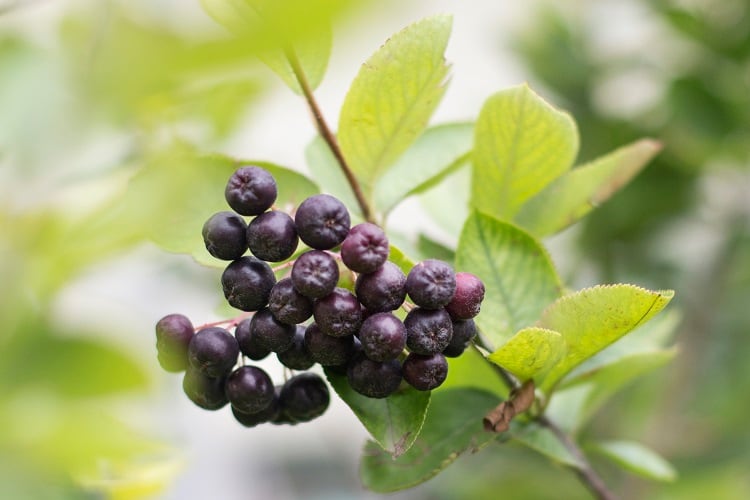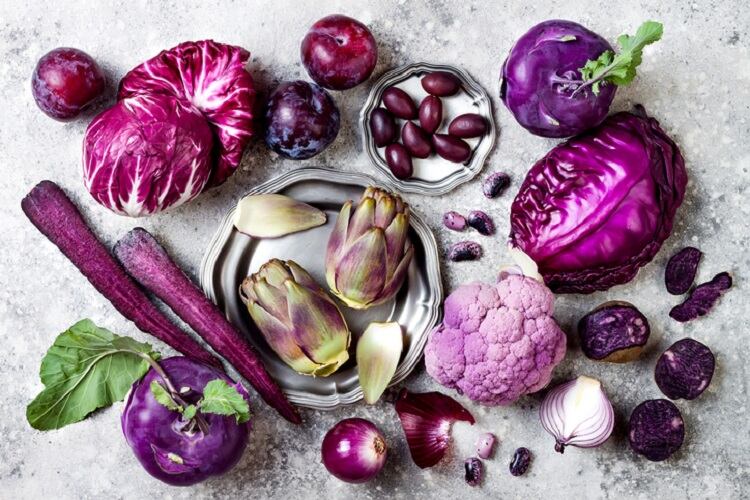Chokeberry (Aronia melanocarpa) fruit, which is native to North America and predominantly cultivated is Europe, is known for its antioxidant properties and beneficial impact on human health.
While the antioxidant capacity of fruit can be reduced by heat or oxidation during food manufacturing processes, researchers have found the Aronia ‘super berry’ retains its nutrients when heated.
In a study conducted at Poland’s Medical University of Lubin, researchers found that when processed with cornmeal porridge, the berries maintained their polyphenolic compounds – including flavonoids and individual free phenolic acids – as well as their antioxidant properties.
The study, which saw researchers design, produce and analyse a new ‘pro-health’ functional convenience food, employed the extrusion-cooking process. This method processes starchy materials under specific thermal (120°C-200°C) moisture and high pressure (20MPa) conditions.
“We have developed and analysed a production method that does not degrade the tested active compounds [of added] chokeberries,” co-author Anna Oniszczuk told FoodNavigator.
‘Super berry’ powers
The first chokeberry seedlings arrived in Poland in 1976, which has since become the larger producer of the ‘super berry’ in the world.
The shrub, which grows in both plantations and forests, touts environmental and nutritional benefits.
“It has no special soil requirements and [does not require] the use of pesticides, so it might be described as an ‘environmentally friendly’ plant,” Oniszczuk told this publication.
In addition, the berries are rich in a wide range of nutrients, including vitamins A, C, E, PP, as well as pectin, tannins, calcium and polyphenols. “Polyphenolic compounds exhibit a high antioxidant activity and various pharmacological properties: cardioptotically, anti-inflammatory, neuroprotectively, antineoplastic, antiallergic, anti-oedematous, antiatherosclerotic, antimicrobial and antiviral,” she continued.
In their fresh or dried form, chokeberry fruits are considered a ‘herbal raw material’, Oniszczuk explained. “After pouring in boiling water, it gives a beautiful ruby drink, which means that the active vitamin P [bioflavonoids] is preserved.”
In the processed food industry, chokeberries are typically used for the production of juices and jams, and have also found their place in the natural dye segment, where their colouring is used in jams, liqueurs and wines.
In terms of flavour profile, freshly picked fruits have a bitter taste due to their high tannin content, we were told. “It is possible to dispose of this taste by freezing it. As a processed product, for example as jam or juice, it has a deep, aromatically rich flavour.”
An opportunity for industry
According to Oniszczuk, the findings represent an opportunity for industry to meet growing demand for health foods. With the rise of the processed food industry and trends favouring convenience over health, “it is not easy to maintain a balanced diet…these days.”
“It is well known that a healthy eating style help contributes to health and the prevention of many diseases,” she continued. “It is important to [have] a balanced diet, because human organs and tissues require proper nutrition to work effectively.”
Chokeberry-enriched food products could therefore help manufacturers cater to health-conscious consumers, as well as the gluten-free market.
“The presented results prove to be a major step towards making the extruded porridge obtained in our experiments a much-demanded product ranked among functional foods.
“There may be valuable directions for producers of pro-health food and beverages.”
Source:
De Gruyter, Open Chemistry
‘Influence of Production Parameters on the Content of Polyphenolic Compounds in Extruded Porridge Enriched with Chokeberry Fruit (Aronia melanocarpa (Michx.) Elliot)'
Published online: March 22 2019
DOI: https://doi.org/10.1515/chem-2019-0019
Authors: Tomasz Oniszczuk, Gabriela Widelska, Anna Oniszczuk, Kamila Kasprzak, Agnieszka Wójtowicz, Mara Olech, Renata Nowak, Karolina Wojtunik-Kulesza, Grzegorz Jóźwiak, Monika Waksmundzka-Hajnos



